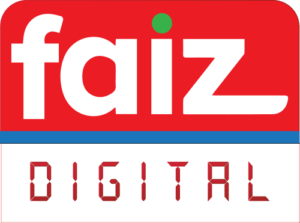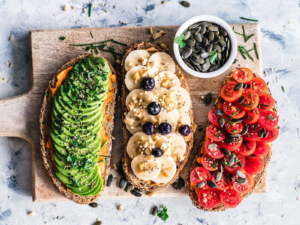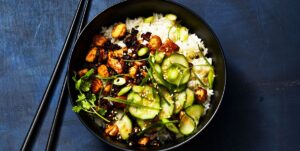You will probably experience several advantages from fasting, regardless of what you consume before the timer starts. By consuming some meals and eliminating others, however, you can greatly simplify your life and possibly reap even greater benefits. Foods that are rich in protein and carbohydrates are the finest to eat before fasting. But, simple carbohydrates should be avoided because they will quickly convert to sugar and leave you feeling drained and hungry. Put your attention on foods high in protein and complex carbohydrates instead. Choose fruits and vegetables since they are high in fiber.
The following are some of our suggestions if you’re wondering what to eat before a fast:
Eggs:
Protein-rich foods like eggs can help you feel satisfied for extended periods of time. Consuming eggs during suhoor (the pre-dawn meal before fasting) can help provide sustained energy throughout the day of fasting. Additionally, eggs contain essential nutrients such as vitamins B12 and D, which can help support overall health and well-being during the month of Ramadan. It is worth noting that while eggs are a nutritious food choice, they should be consumed as part of a balanced and varied diet during the month of Ramadan.
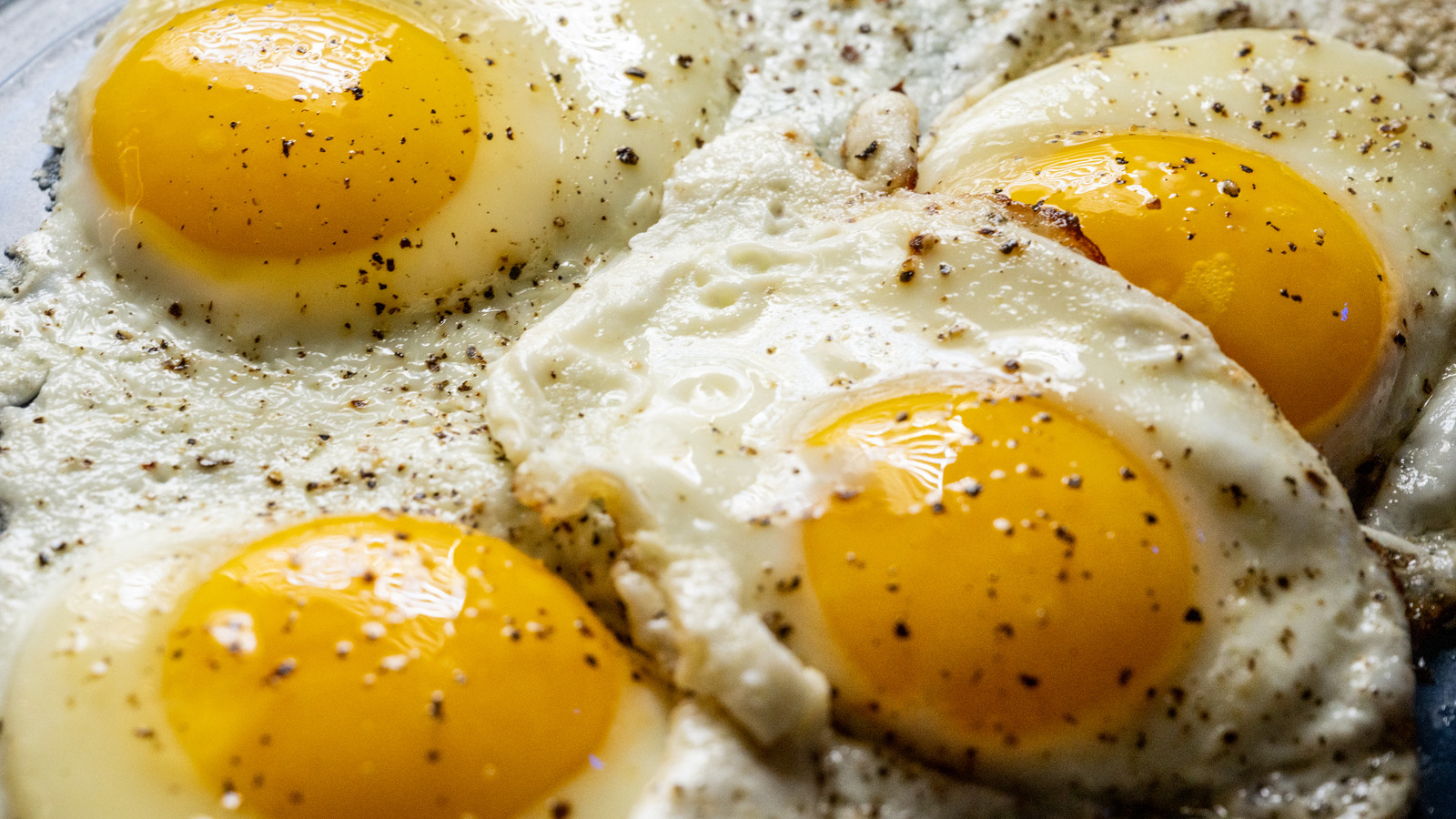
Oatmeal:
Oatmeal is a complex carbohydrate that is digested slowly, which means it can provide sustained energy throughout the day, keeping you feeling fuller for longer. It has a lot of soluble fiber, which can help control blood sugar levels, enhance digestion, and prolong feelings of fullness. This can be especially beneficial during the long hours of fasting. Iron, magnesium, phosphorus, zinc, and other vitamins and minerals can be found in abundance in oatmeal. Antioxidants included in it can also aid in reducing inflammation and advancing general health.
:max_bytes(150000):strip_icc()/__opt__aboutcom__coeus__resources__content_migration__serious_eats__seriouseats.com__recipes__images__2014__08__20140805-banana-baked-oatmeal.1-yvonne-ruperti-hires-7f8dca9e8ad6497e96b28cddb9ef7d3b.jpg)
Salmon:
When fasting, it’s essential to keep stable blood sugar levels, which salmon’s high quantities of omega-3 fatty acids will help you do. Vitamin D is another nutrient that is abundant in salmon but can be difficult to obtain when fasting. Salmon is a good source of protein, which is necessary for the body’s tissue growth and repair. Protein can also help keep you feeling full for longer, which can be beneficial during the long hours of fasting. Incorporating salmon into your Suhoor meal can provide a range of health benefits and may help support your overall well-being during the month of Ramadan.
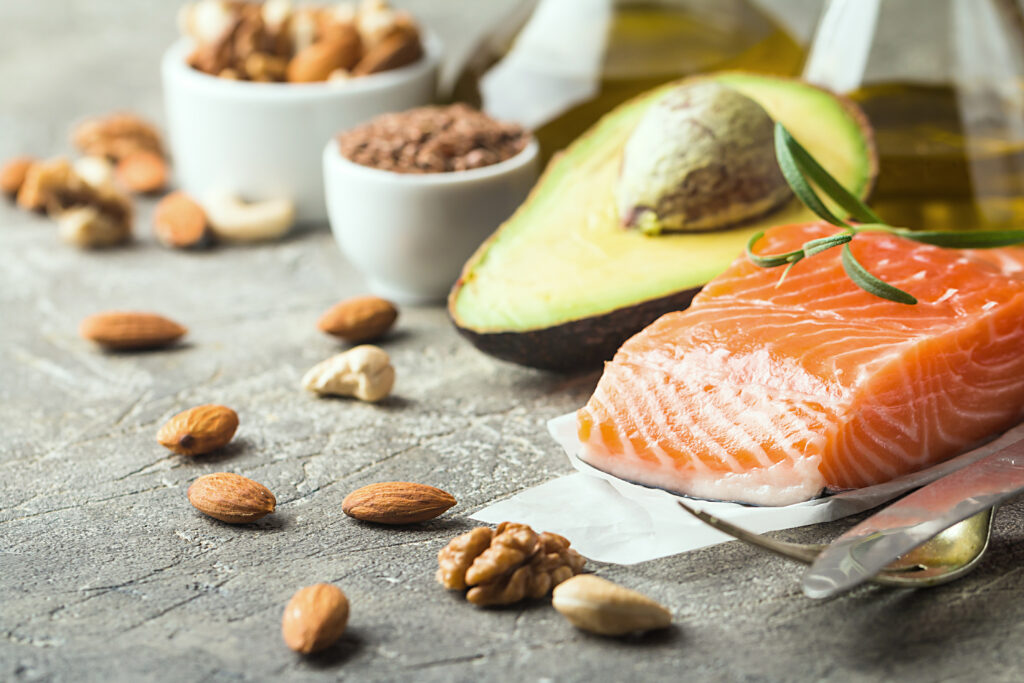
Banana:
You will become dehydrated while fasting, and your blood pressure may spike. A banana, on the other hand, is a very good pre-fast food because it has significant quantities of potassium, which you’ll lose if you become dehydrated. Bananas are an excellent source of complex carbohydrates and natural sugars that provide a steady stream of energy throughout the day. Also, they are high in potassium, which supports good blood pressure and a strong heart. Bananas are rich in fiber, which helps to promote feelings of fullness and satiety. This can help to reduce the likelihood of overeating during the day. They are easy to digest, making them an ideal food to eat during Suhoor, when you want to eat something that won’t upset your stomach before the fast begins. Bananas are a nutritious and convenient food to eat during Suhoor. They provide energy, fiber, and hydration while being easy to digest.
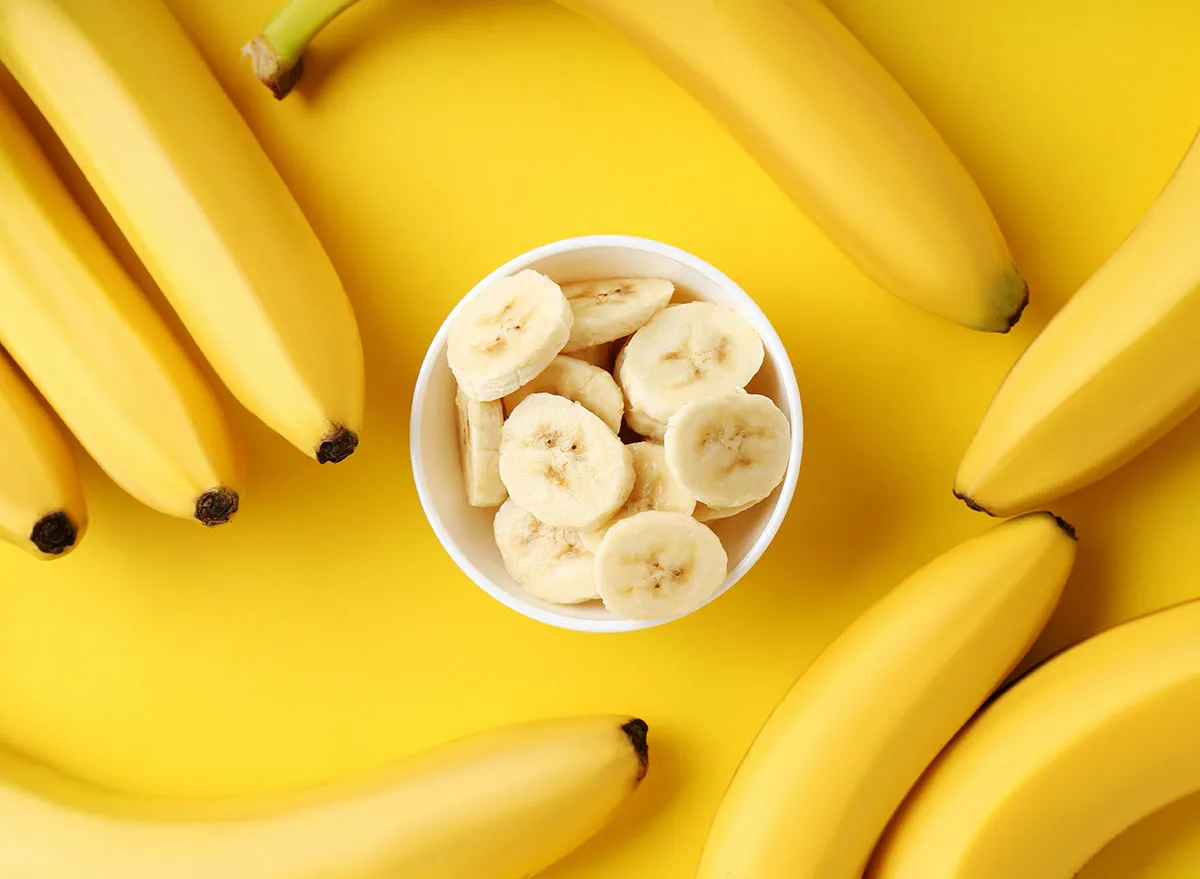
Legumes:
Legumes are rich in fiber and will aid in the cleaning of your intestines and colon. This is significant because while fasting, your liver and digestive system will expel toxins. It will be simpler for your body to get rid of these poisons if your intestine is clean.
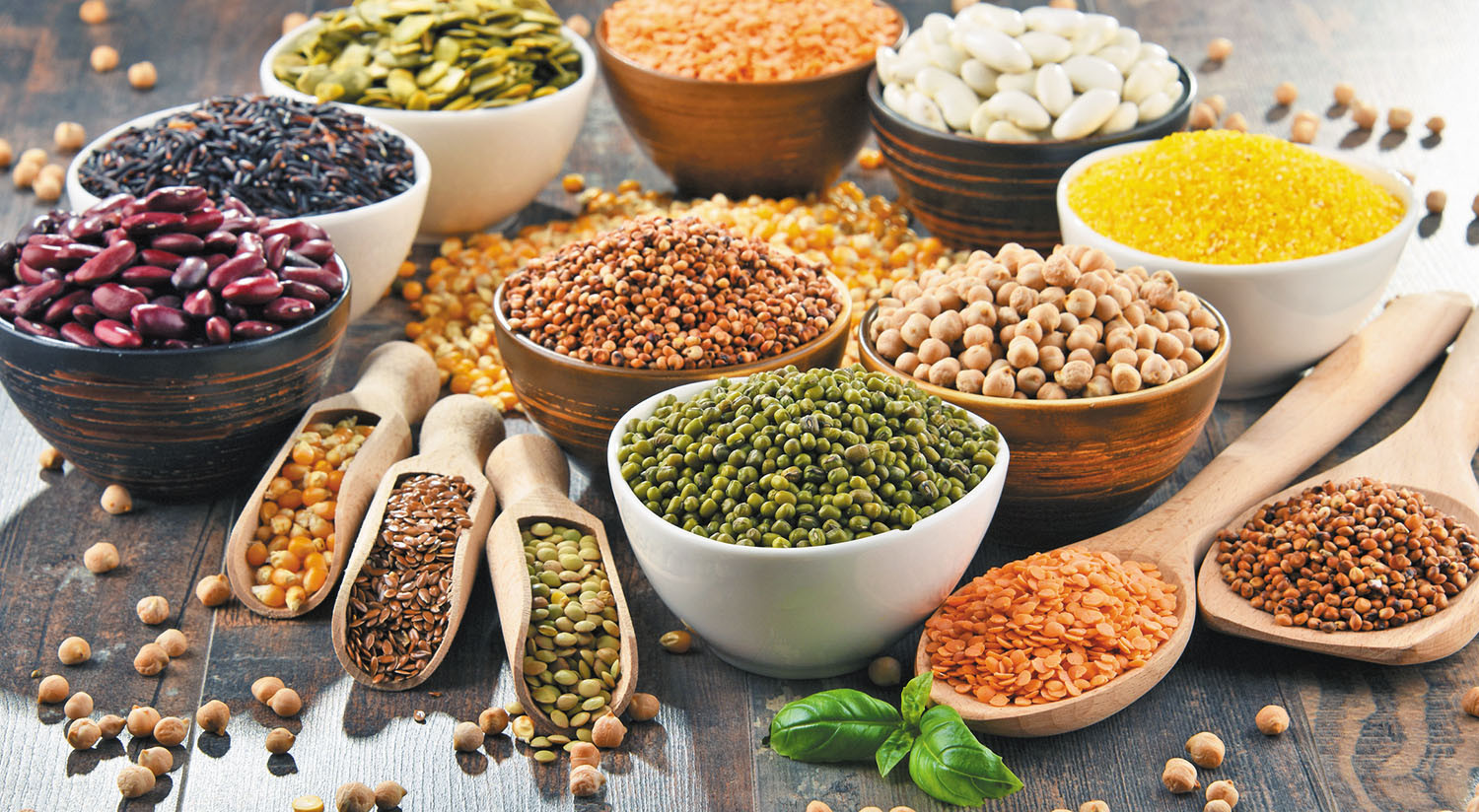
Broccoli:
Due to the high fiber content of broccoli, it will assist to cleanse your digestive system and prepare it for fasting. Moreover, fasting will make your body more susceptible. Broccoli is a strong source of antioxidants and vitamin C, which can assist to fortify your immune system and shield your body from the damaging effects of free radicals.

Tofu:
Due to its high protein content and low-calorie content, tofu is a fantastic food to eat before fasting. Yet, the lack of protein you will be consuming while fasting may result in lessened muscle mass. Moreover, tofu is a good source of iron, which is necessary when fasting because it guards against anemia.

Water:
When you go a long time without eating or drinking, your body starts to utilize the water that is stored in your tissues and organs. Dehydration will occur as a result, which is harmful. Before a fast, make sure you’re getting plenty of liquids to keep yourself safe and healthy.
Despite your motivation for fasting, you will find it challenging to stick with it if you are not adequately prepared. Before you fast, eat a diet rich in protein, fiber, and complex carbohydrates to sustain your body during the fast.

